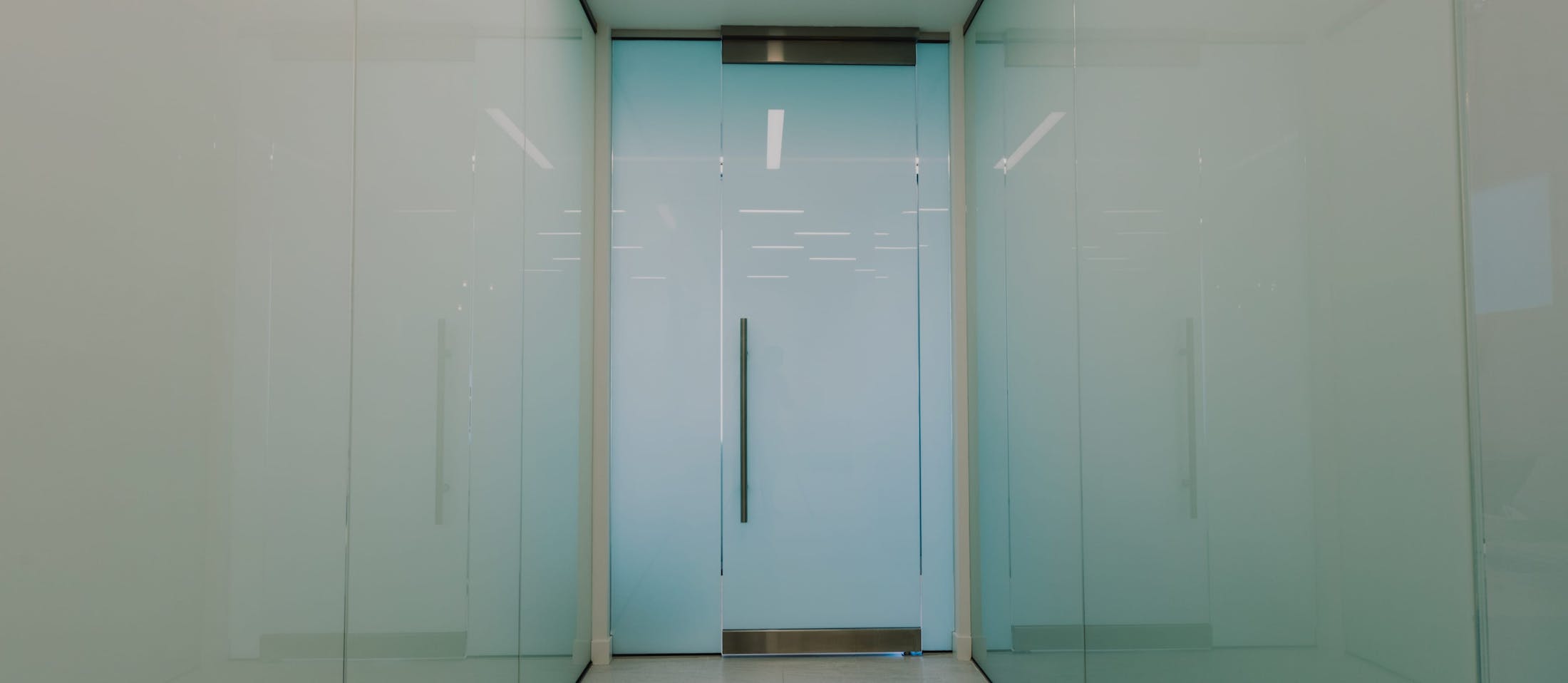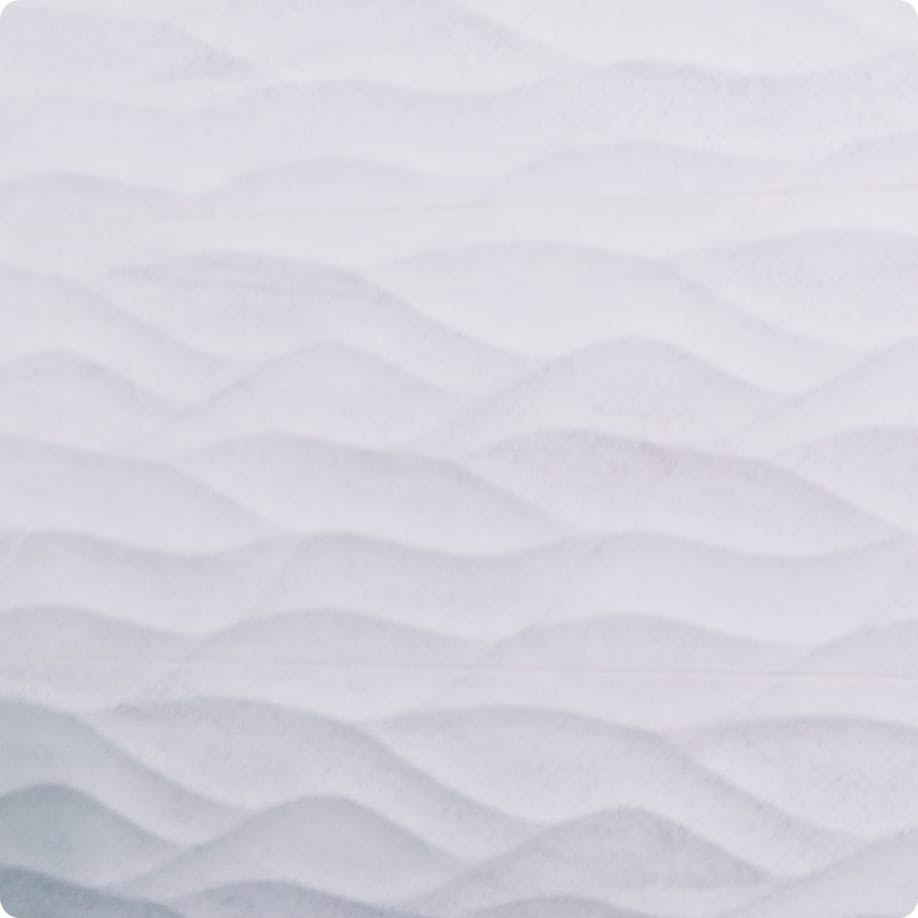Schedule A Consultation
If you are ready to refresh and rejuvenate your look today, we encourage you to schedule a consultation with one of the best plastic surgeons Seattle has to offer: Dr. James M. Ridgway. During your private consultation Dr. Ridgway will carefully evaluate your face and the subtle imperfections that concern you most before providing you with a personalized blend of Bellevue cosmetic surgery procedures that will help you achieve your ideal facial appearance.
Book now














